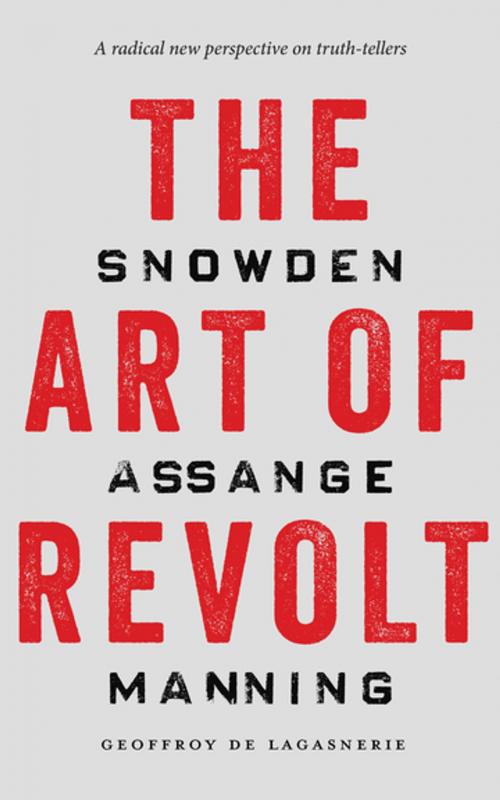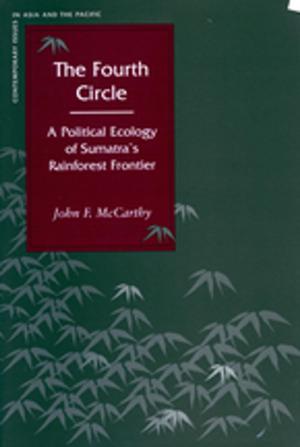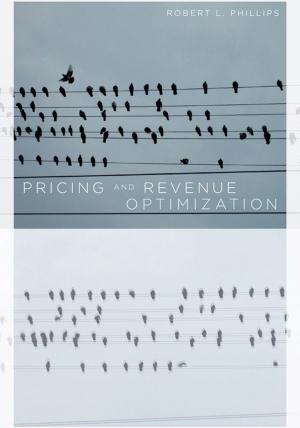The Art of Revolt
Snowden, Assange, Manning
Nonfiction, Religion & Spirituality, Philosophy, Political| Author: | Geoffroy de Lagasnerie | ISBN: | 9781503603240 |
| Publisher: | Stanford University Press | Publication: | September 26, 2017 |
| Imprint: | Stanford University Press | Language: | English |
| Author: | Geoffroy de Lagasnerie |
| ISBN: | 9781503603240 |
| Publisher: | Stanford University Press |
| Publication: | September 26, 2017 |
| Imprint: | Stanford University Press |
| Language: | English |
Edward Snowden, Julian Assange, and Chelsea Manning are key figures in the struggles playing out in our democracies over internet use, state secrets, and mass surveillance in the age of terror. When not decried as traitors, they are seen as whistle-blowers whose crucial revelations are meant to denounce a problem or correct an injustice. Yet, for Geoffroy de Lagasnerie, they are much more than that. Snowden, Assange, and Manning are exemplars who have reinvented an art of revolt. Consciously or not, they have inaugurated a new form of political action and a new identity for the political subject.
Anonymity as practiced by WikiLeaks and the flight and requests for asylum of Snowden and Assange break with traditional forms of democratic protest. Yet we can hardly dismiss them as acts of cowardice. Rather, as Lagasnerie suggests, such solitary choices challenge us to question classic modes of collective action, calling old conceptions of the state and citizenship into question and inviting us to reformulate the language of critical philosophy. In the process, he pays homage to the actions and lives of these three figures.
Edward Snowden, Julian Assange, and Chelsea Manning are key figures in the struggles playing out in our democracies over internet use, state secrets, and mass surveillance in the age of terror. When not decried as traitors, they are seen as whistle-blowers whose crucial revelations are meant to denounce a problem or correct an injustice. Yet, for Geoffroy de Lagasnerie, they are much more than that. Snowden, Assange, and Manning are exemplars who have reinvented an art of revolt. Consciously or not, they have inaugurated a new form of political action and a new identity for the political subject.
Anonymity as practiced by WikiLeaks and the flight and requests for asylum of Snowden and Assange break with traditional forms of democratic protest. Yet we can hardly dismiss them as acts of cowardice. Rather, as Lagasnerie suggests, such solitary choices challenge us to question classic modes of collective action, calling old conceptions of the state and citizenship into question and inviting us to reformulate the language of critical philosophy. In the process, he pays homage to the actions and lives of these three figures.















